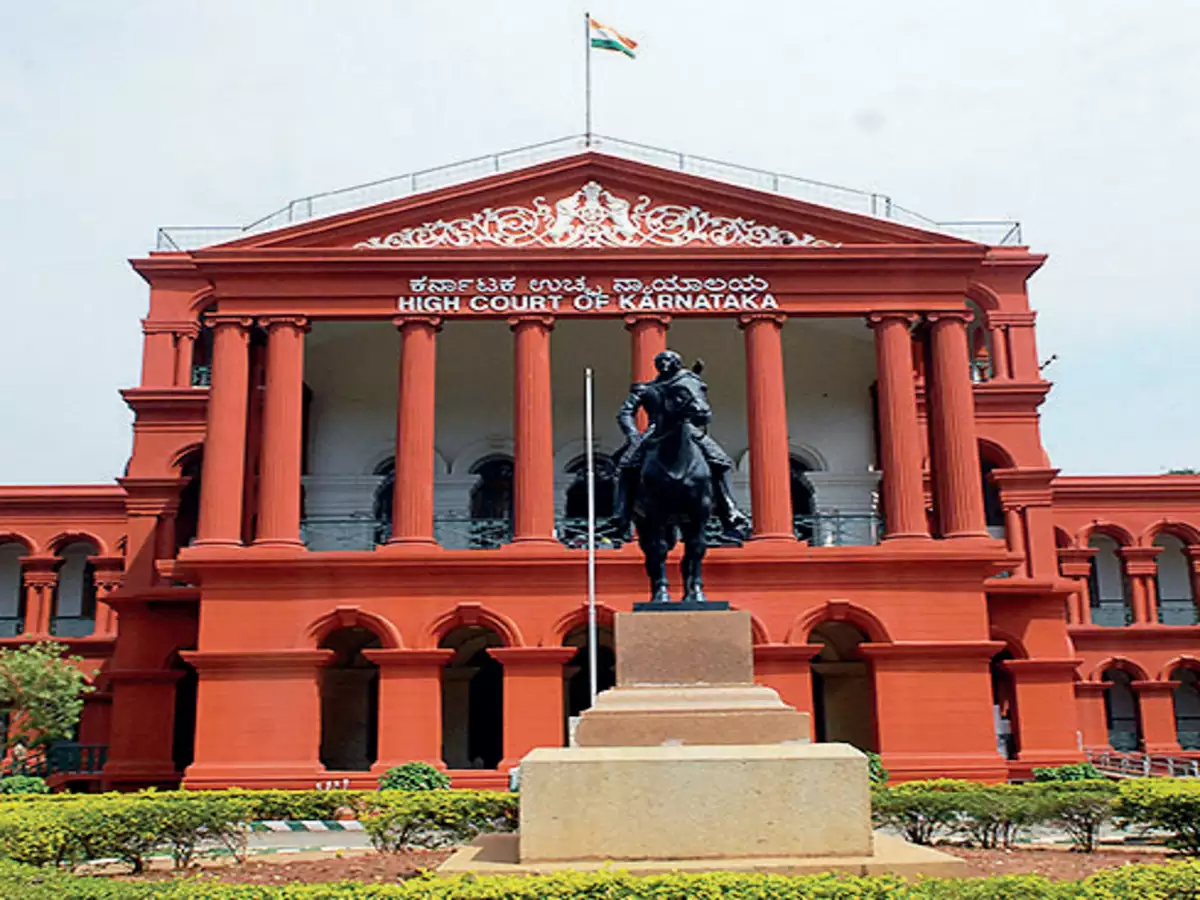In a recent development, the Karnataka High Court overturned a trial court’s interim temporary injunction against Pine Labs in a patent infringement suit filed by Innoviti pertaining to its point-of-sale (POS) terminal technology.
Justice SR Krishna Kumar issued the order, stating that the plaintiff’s claim that the POS device falls within the scope of the suit patent was “clearly false” and should be rejected. The Court determined that the suit patent solely pertains to the CVS/server and does not include or cover POS machines, and as a result, the plaintiff failed to prove any infringement.
“In the absence of any material to either establish that the CVS of the defendant or its functionality or working is identical or similar to the CVS/Server of the plaintiff, I am of the view that the plaintiff has not been successful in establishing that the defendant has committed any act of infringement of the suit patent of the plaintiff,” the order stated.
The plaintiff had previously filed a petition with the Additional City Civil and Sessions Court, which granted them an interim injunction and transferred the case to the High Court.
The plaintiff argued that the technology claimed in the suit patent pertained to a unique QR code-based solution for cashless payments that could be implemented on existing credit or debit card point-of-sale (POS) terminals, enabling UPI and other QR-based payments.
According to the plaintiff, they discovered that the defendants were marketing a product called “Plutus Smart,” which was based on their patented technology after the patent was granted in 2019. However, the High Court’s single judge rejected the plaintiff’s claim, stating that their assertion that the POS device fell within the scope of the suit patent was “clearly false” and should be dismissed.
The defendants contested the plaintiff’s claim, arguing that their invention lacked novelty and ingenuity, particularly given that a similar patent had been granted in the United States and other countries prior to the suit patent.
Justice Kumar, after examining the evidence, concluded that the plaintiff did not have any patent or legal protection for the POS machine, its operation, or its functionality, and that the suit patent only covered the server/CVS, including its processor, memory, functionality, and operation.
The Court emphasized that to prove infringement, the plaintiff needed to demonstrate that the defendant’s CVS/server was substantially or functionally similar to the plaintiff’s suit patent, which included the CVS/server. The plaintiff failed to do so, according to the Court.
“In the absence of any legal or acceptable material placed by the plaintiff in this regard, I am of the considered opinion that the plaintiff has failed to establish infringement of the suit patent by the defendant,” the court observed.



